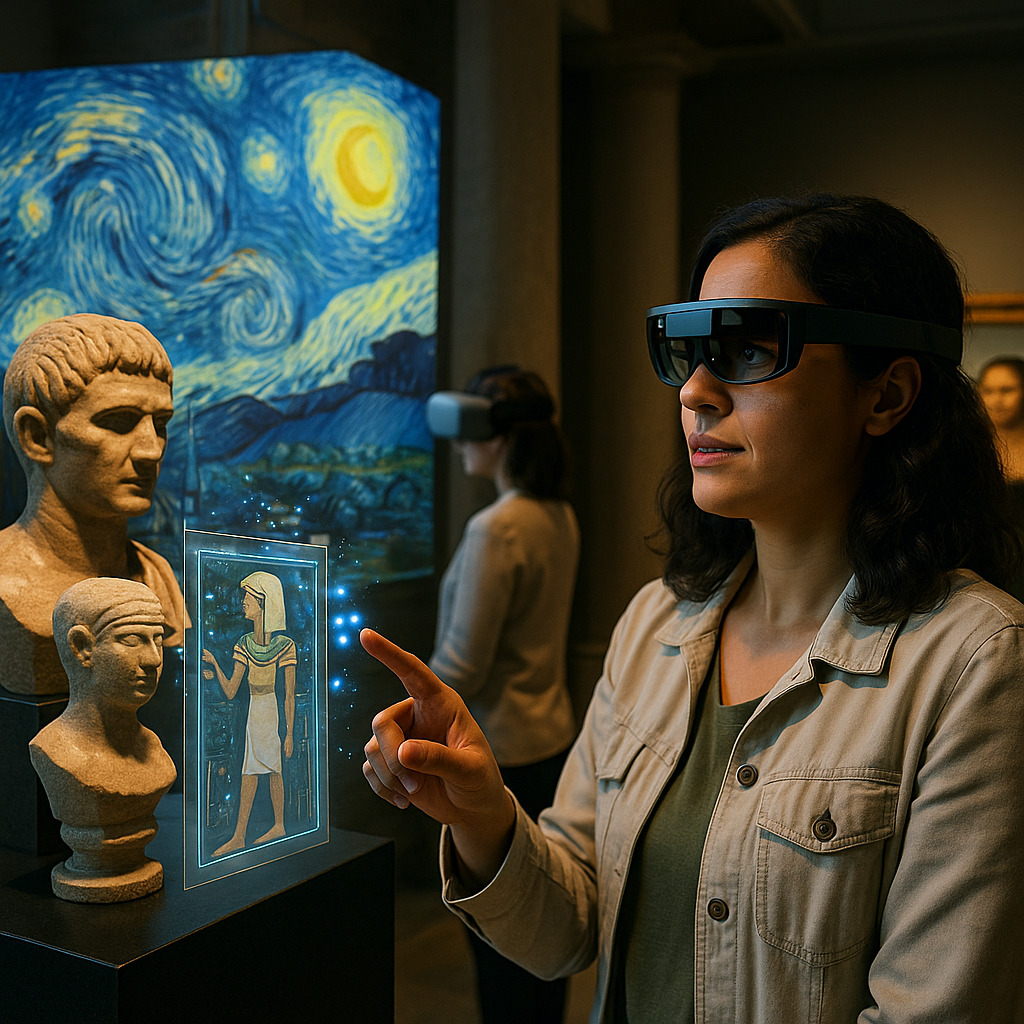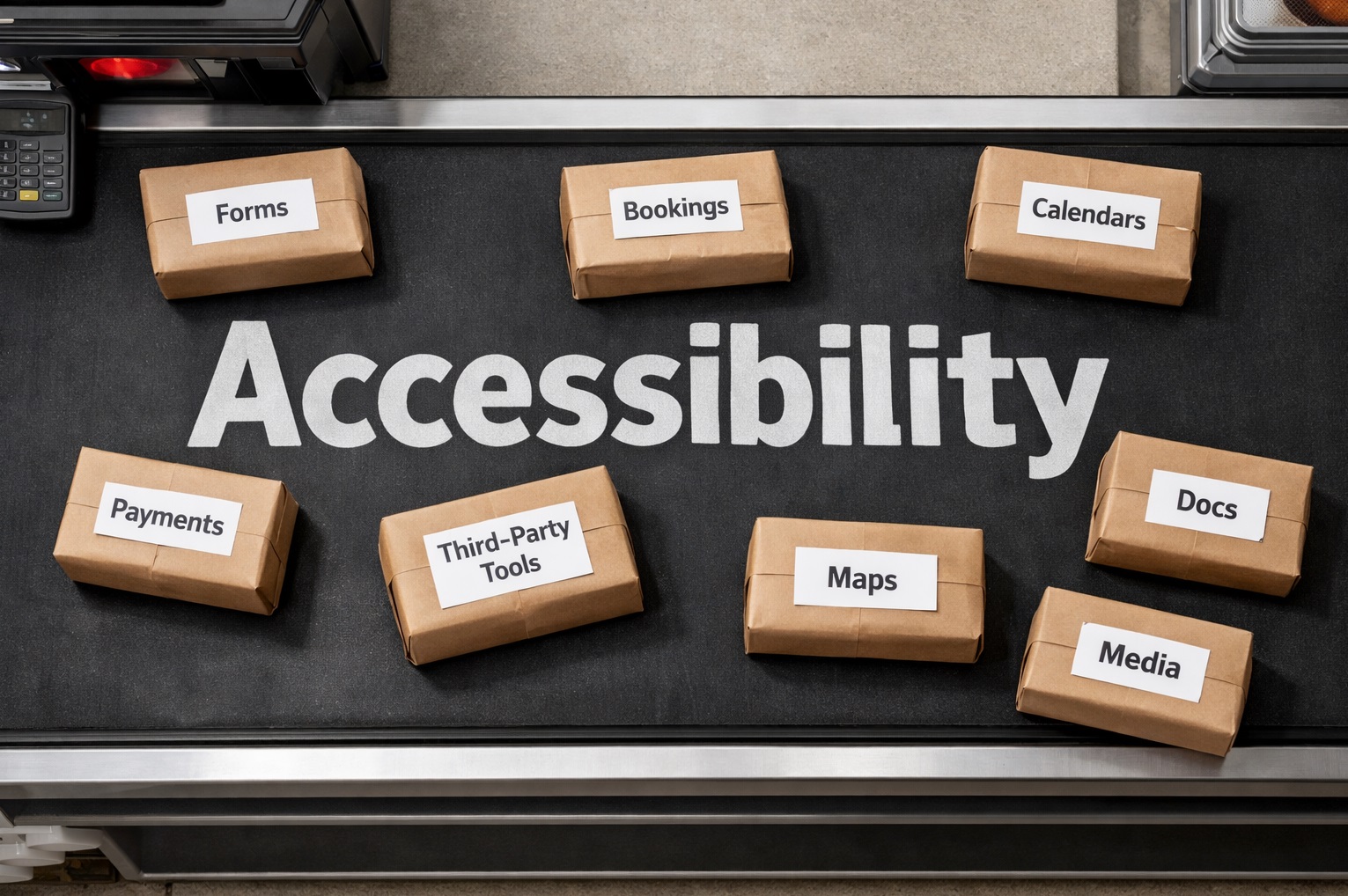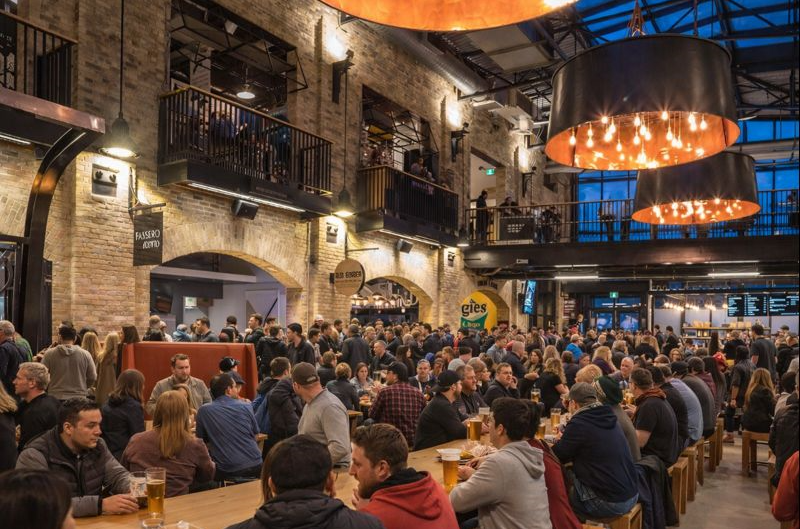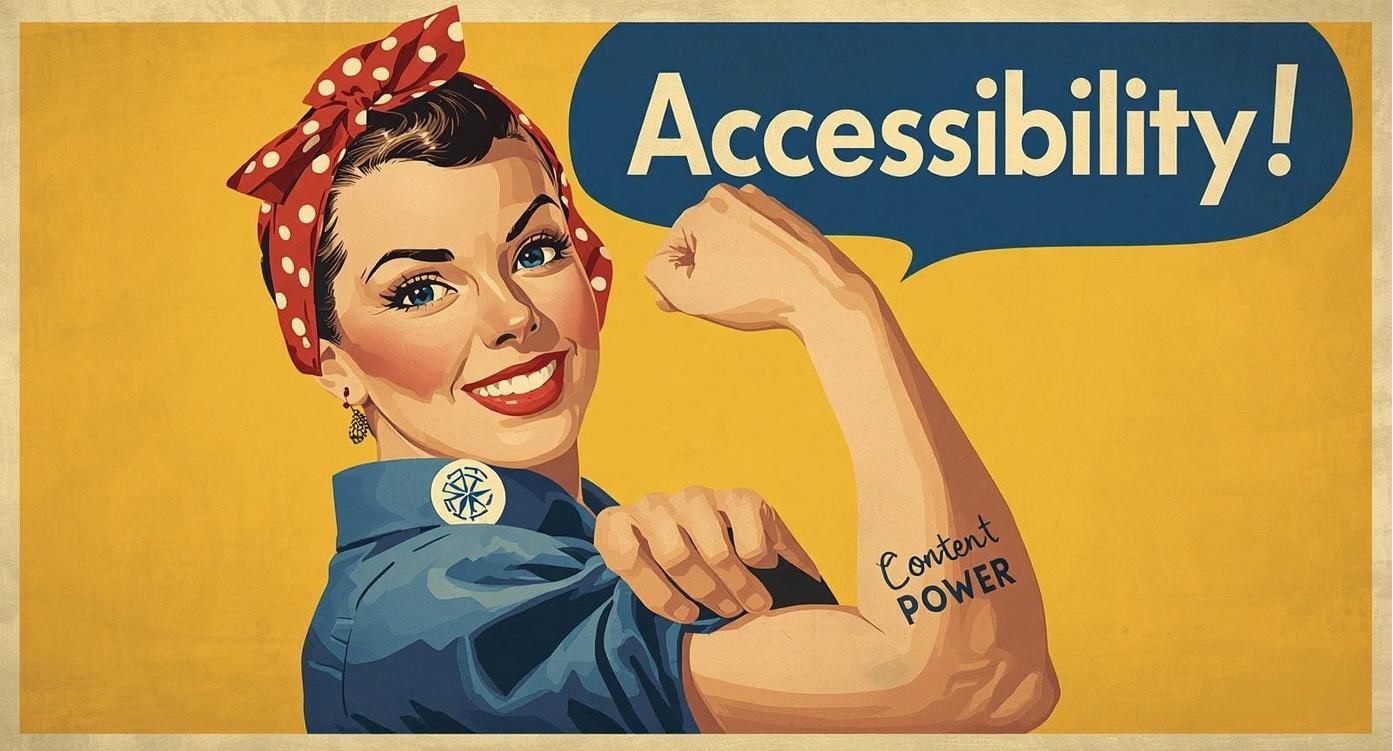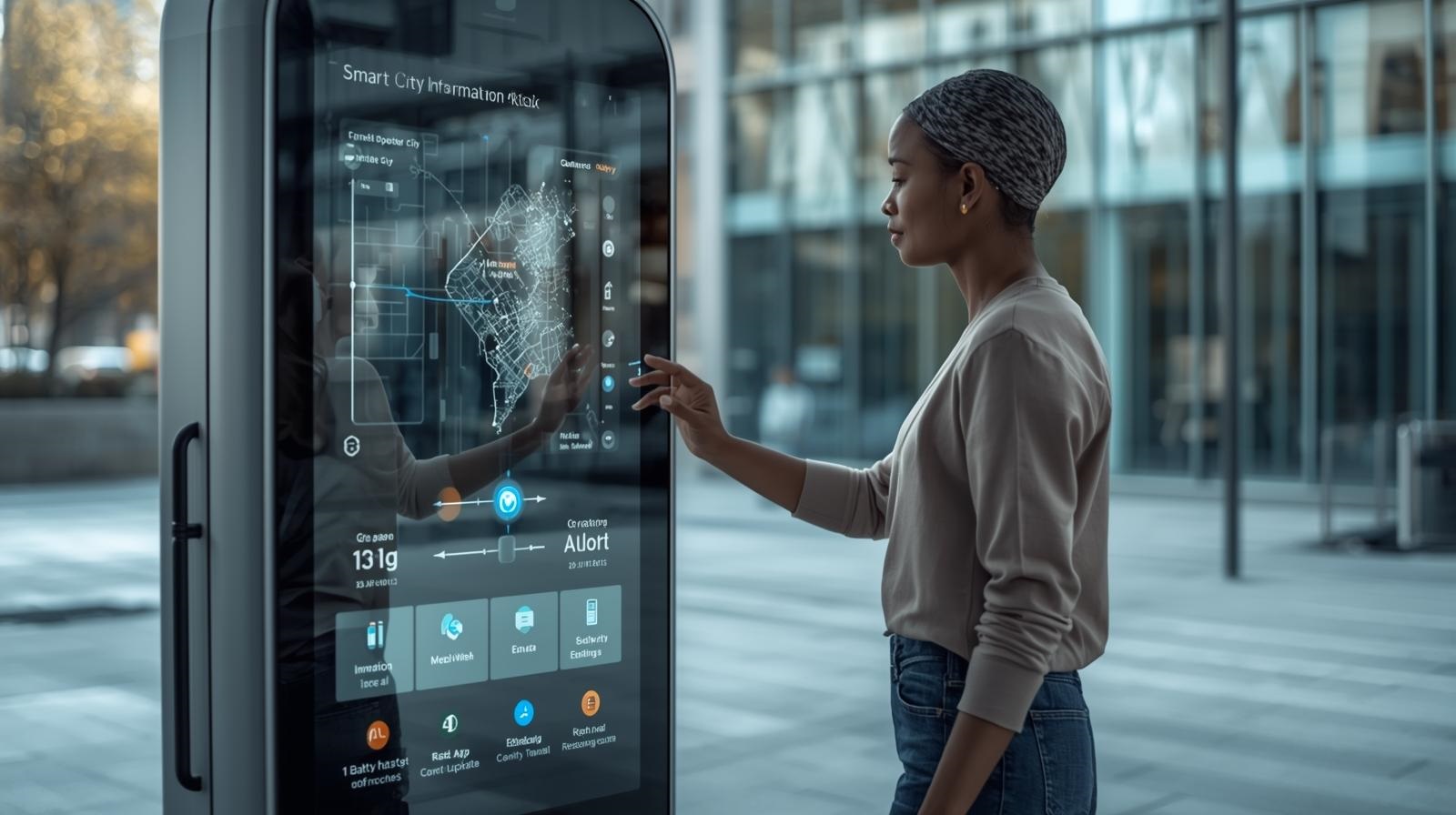Digital Innovations in Museums, Heritage, and Art Organizations
In the corridors of history and culture, a revolution is taking place. Museums, heritage sites, and art organizations are no longer just custodians of the past; they are becoming dynamic storytellers, thanks to the advent of interactive technology. Here’s a deeper dive into this transformative journey:
The Power of Interactive Exhibit
Modern visitors seek immersive experiences. Technologies like augmented reality (AR) and virtual reality (VR) are stepping up, turning passive observation into interactive exploration. For instance, the British Museum‘s use of AR enables visitors to explore ancient Egyptian life by simply pointing their devices at artifacts, bringing history to life right before their eyes.
Virtual Reality, Real Engagement
The Louvre, an epitome of art and culture, has embraced VR to offer a virtual encounter with the Mona Lisa, transcending traditional viewing experiences. This initiative not only democratizes access to art but also provides a deeper, more personal connection with the masterpiece, regardless of physical location.
Projection Technology – Illuminating the Past
Projection technology is transforming physical spaces into dynamic storytelling canvases. The “Van Gogh Alive” exhibit is a notable example. It uses high-definition projectors to cover walls, floors, and ceilings with vibrant, animated displays of Van Gogh’s paintings, creating an immersive experience that blurs the line between the audience and the art.
Digital Storytelling – A New Narrative
Interactive storytelling is about more than just technology; it’s about weaving narratives that resonate deeply with the audience. The “History Comes Alive” initiative at the Smithsonian National Museum of American History is a prime example. Through a blend of interactive displays, holographic narratives, and sensory experiences, visitors are not just informed but are transported into the very heart of America’s past, making history a vivid, memorable journey.
Data-Driven Exhibits
Museums are also leveraging data analytics to understand visitor behavior and preferences, enabling personalized experiences. The Metropolitan Museum of Art’s “Met Unframed” initiative allows visitors to virtually explore galleries and art pieces, adapting the journey to their preferences and interests, making each visit unique.
Understanding that integrating technology with cultural storytelling is not just about installing screens or creating apps, it’s about weaving technology into the narrative, enhancing the educational value, and enriching the visitor experience.
Q1: How are museums using AR and VR?
Museums use AR and VR to transform passive viewing into interactive exploration, making history and art more engaging.
Q2: Why is digital storytelling important in museums?
Digital storytelling blends technology with narrative, helping visitors connect emotionally while enhancing educational impact.
👉 “Let’s explore how technology can bring your museum stories to life — connect with us to start your digital innovation journey.”
